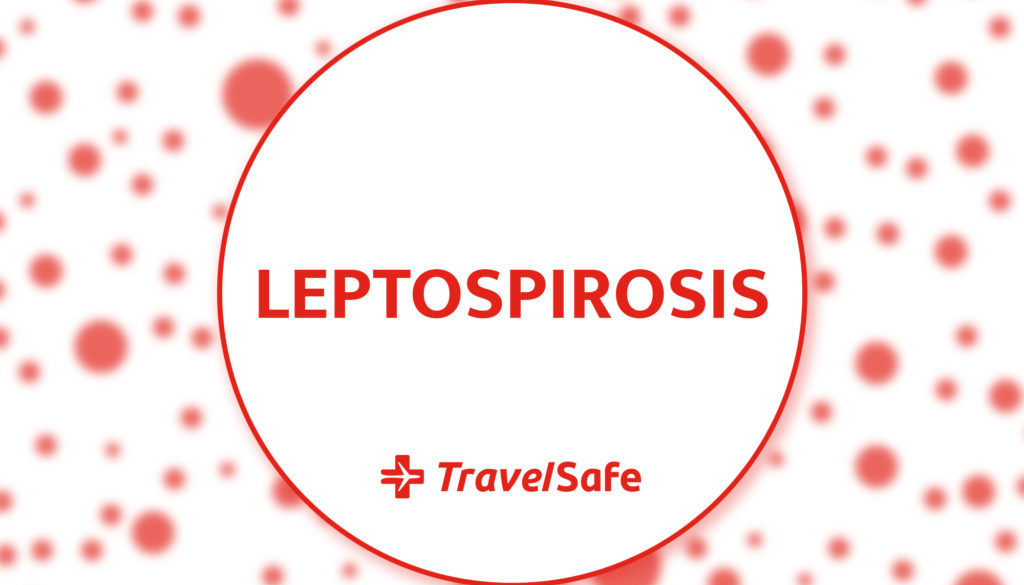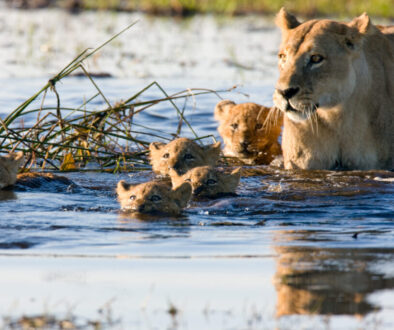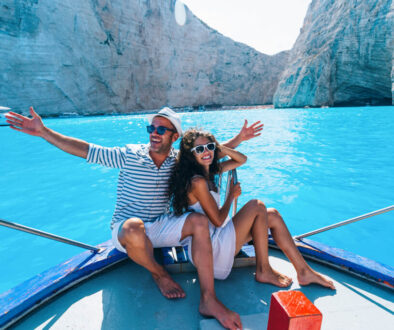Infectious diseases you’ve probably never heard of Part II: LEPTOSPIROSIS
We’ve all heard of malaria, dengue fever, typhoid fever and hepatitis. These are all common infectious diseases we hear about while traveling, especially in developing countries. But what about the lesser known infectious diseases? Like leptospirosis, which is actually the most common disease spread from animals to humans worldwide, with more than 1 million cases occurring each year!
What is leptospirosis?
Leptospirosis is a bacterial infection spread through contact with fresh water, food, or soil contaminated by urine from infected animals. The bacteria are carried by many animals including rodents, dogs, cows, pigs, horses, sheep and goats. The most common carriers are rodents, especially rats. The bacteria are passed into the soil or nearby water when the animal urinates. It is then spread to humans when the bacteria enter the body through broken skin (e.g. cuts or scratches), or through mucous membranes (nose, mouth or eyes), or waterlogged skin after prolonged immersions in freshwater. The bacteria can survive for months in freshwater (e.g. lakes, ponds, and rivers) but cannot live in salt water. It can also be spread by ingesting food or water contaminated with the bacteria or working directly with infected animals. Leptospirosis cannot be spread from person to person.
Are you at risk?
Leptospirosis can be a risk worldwide but is most common in tropical countries. Highest risk areas include South and Southeast Asia, Oceania, the Caribbean, parts of sub-Saharan Africa, and parts of Latin America. There can be outbreaks after heavy rainfall and flooding, especially in urban areas of developing countries. Outbreaks have even occurred in the USA after flooding in Puerto Rico and Hawaii.
Travellers at highest risk are those who take part in freshwater activities such as swimming, wading, rafting and kayaking, especially after heavy rainfall. Increased risk occurs when swallowing contaminated water or with prolonged immersion in contaminated water.
What are the symptoms?
The incubation period is 2-30 days with symptoms usually beginning 5-14 days after being exposed. Most infections do not cause any symptoms. When symptoms do occur, they are usually mild in 90% of cases, causing fever, headache, chills, muscle pain, eye infection, nausea, vomiting, diarrhea, abdominal pain, cough, and skin rash. This acute phase of leptospirosis lasts about 7 days. Most people recover after this phase but about 5%-10% of infections will progress to severe disease known as Weil’s disease. Symptoms include jaundice (yellowing of the skin and eyes), kidney or liver failure, hemorrhage, meningitis (swelling of the brain), heart arrythmias, and shock.
Is there treatment?
Travellers who suspect exposure to leptospirosis or develop symptoms should seek medical attention immediately. Early treatment with antibiotics can help decrease the severity and duration of the infection. Severe disease may require IV antibiotics and hospitalization.
Preventing leptospirosis
There is no vaccine available to prevent leptospirosis in humans. The best way to prevent leptospirosis is to avoid exposure to the disease by:
- Avoid swimming or wading in potentially contaminated water.
- Avoid walking in flood water.
- Avoid contact with potentially infected animals.
- Wear protective clothing and footwear when exposed to potentially contaminated water or soil.
- Cover cuts and abrasions with occlusive dressings that are air- and water-tight.
- Consider taking preventative antibiotics when participating in high-risk activities. Doxycycline can be taken 1-2 days before exposure and continuing weekly as long as exposure continues.
So now you’ve learned about leptospirosis, the most common zoonotic disease in the world (zoonotic refers to diseases spread from animals to humans). You might now think twice about taking a dip under that waterfall in Thailand, or white-water rafting down that river in Costa Rica!
TravelSafe Clinical Educator – Kristin Cain, RN, BSc, MSc(A)



